Tolstoy's Short Fiction (A Norton Critical Edition) 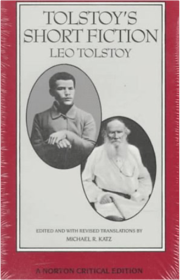 “Backgrounds and Sources” includes two Tolstoy memoirs, A History of Yesterday (1851) and The Memoirs of a Madman (1884), as well as entries—expanded in the Second Edition—from Tolstoy’s “Diary for 1855” and selected letters (1858–95) that shed light on the author’s creative process. “Criticism” collects twenty-three essays by Russian and western scholars, six of which are new to this Second Edition. Interpretations focus both on Tolstoy’s language and art and on specific themes and motifs in individual stories. Contributors include John M. Kopper, Gary Saul Morson, N. G. Chernyshevsky, Mikhail Bakhtin, Harsha Ram, John Bayley, Vladimir Nabokov, Ruth Rischin, Margaret Ziolkowski, and Donald Barthelme. A Chronology of Tolstoy’s life and work and an updated Selected Bibliography are also included. Think, Write, Speak: Uncollected Essays, Reviews, Interviews, and Letters to the Editor 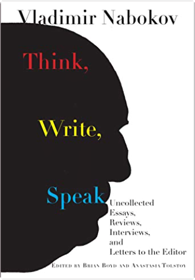 "I think like a genius, I write like a distinguished author, and I speak like a child": so Nabokov famously, and infamously, wrote when introducing his 1973 volume of selected prose, Strong Opinions. Think, Write, Speak follows up where Strong Opinions left off, presenting Nabokov's public writings from a 1921 essay about Cambridge to two last interviews in 1977. The chronological order allows us to watch the Cambridge student and the fledgling Berlin reviewer and poet turn into the acclaimed Paris émigré novelist whose stature would bring him to teach and write in America, where his international success exploded with Lolita and propelled him back to Europe as a recognized literary master. Straddling Russian, French and Anglophone worlds, Nabokov discovers contemporary literature and culture at his own pace and with his own strong dispositions. Whether his subject is Proust or Pushkin, the sport of boxing or the privileges of democracy, Nabokov's supreme individuality and his alertness to the details of life past and present illuminate the page and remind us why he has been called the greatest of prose stylists. Anna Karenina: Introduction by John Bayley  Childhood, Boyhood, and Youth 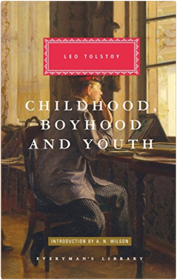 A Confession 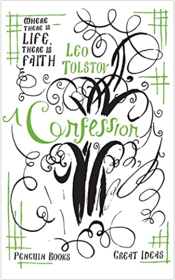 A Confession and Other Religious Writings 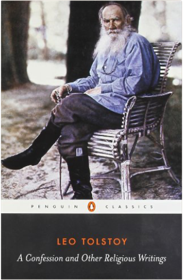 The Cossacks 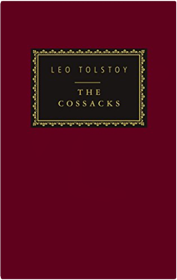 The Devil 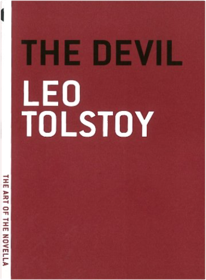 Leo Tolstoy is known for epic novels that brilliantly dissect society, but the novella The Devil may be the most personally revealing—and startling—fiction he ever wrote. He thought it so scandalous, in fact, that he hid the manuscript in the upholstery of a chair in his office so his wife wouldn't find it, and he would never allow it to be published in his lifetime. Perhaps that's because the gripping tale of an aristocratic landowner slowly overcome with unrelenting sexual desire for one of the peasants on his estate was strikingly similar to an affair Tolstoy himself had. Regardless, the tale—presented here with the two separate endings Tolstoy couldn't decide between—is a scintillating study of sexual attraction and human obsession. The Art of The Novella Series Too short to be a novel, too long to be a short story, the novella is generally unrecognized by academics and publishers. Nonetheless, it is a form beloved and practiced by literature's greatest writers. In the Art Of The Novella series, Melville House celebrates this renegade art form and its practitioners with titles that are, in many instances, presented in book form for the first time. Divine and Human 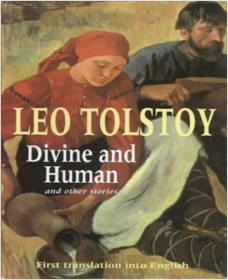 Great Short Works of Leo Tolstoy 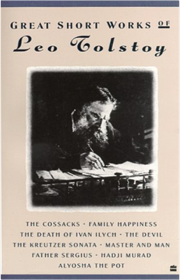 The Kreutzer Sonata 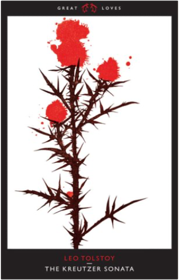 All books in this series: Cures for Love Doomed Love The Eaten Heart First Love Forbidden Fruit The Kreutzer Sonata A Mere Interlude Of Mistresses, Tigresses and Other Conquests The Seducers Diary War and Peace 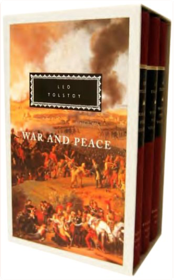 As Napoleon's army invades, Tolstoy brilliantly follows characters from diverse backgrounds—peasants and nobility, civilians and soldiers—as they struggle with the problems unique to their era, their history, and their culture. And as the novel progresses, these characters transcend their specificity, becoming some of the most moving—and human—figures in world literature. Translated by Louise and Aylmer Maude. (Book Jacket Status: Not Jacketed) Three-Volume Boxed Set Collected Shorter Fiction - Volume 1 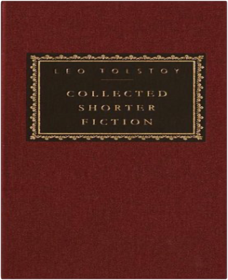 Collected Shorter Fiction - Volume 2 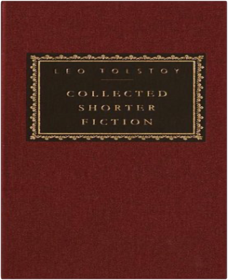 Anna Karenina: A Novel in Eight Parts 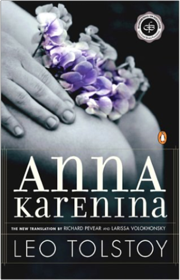 |


Delicious Library
Collection Total:
3,640 Items
3,640 Items
Last Updated:
Nov 2, 2025
Nov 2, 2025

 Made with Delicious Library
Made with Delicious Library